water level gauge installation
The water level in a car is the level of antifreeze. A water level gauge is a gauge used to check the level of antifreeze. The water level gauge can be installed in a suitable position in the driver's cab to install a car water level sensor. Firstly, open the water tank, install the liquid level sensor at the bottom of the glass water tank, and insert its connecting wire into the circuit board of the car to receive signals. Then, connect the cable of the liquid level sensor to the cable of the glass water tank to transmit the liquid level signal to the circuit board of the car. Finally, connect the cable of the liquid level sensor to the car's circuit board to transmit the liquid level signal to the car's circuit board.
Usually, the main method is to observe the upper and lower scales of the antifreeze water bottle, keeping the water level in the middle. If it falls below the lower scale, it is necessary to add water. Generally, it is best to replace it once the car has driven 20000 kilometers. However, it cannot be generalized. According to the surrounding environment and vehicle usage, it is necessary to regularly check the water level, and many do not need to be added.
If water is not added for a long time and the water tank is dry, it may cause the engine to overheat and the cylinder to burst. Attention: The water in the car water tank is not water, but anti boiling and anti freezing coolant. It is not allowed to add tap water, and only a small amount of pure water can be added as a last resort (mineral water is not acceptable). As long as the coolant is added between the lower and upper lines, it cannot be topped up.
Generally speaking, the antifreeze should be replaced after driving 20000 kilometers or a year; When there is no antifreeze, never add tap water. Rust and scaling in the engine water tank are the most common problems. Rust and scale can limit the flow of antifreeze in the cooling system, reduce heat dissipation, cause engine overheating, and even cause engine damage. Oxidation of antifreeze can also form acidic substances that corrode the metal components of the water tank, causing damage and leakage.
 English
English 
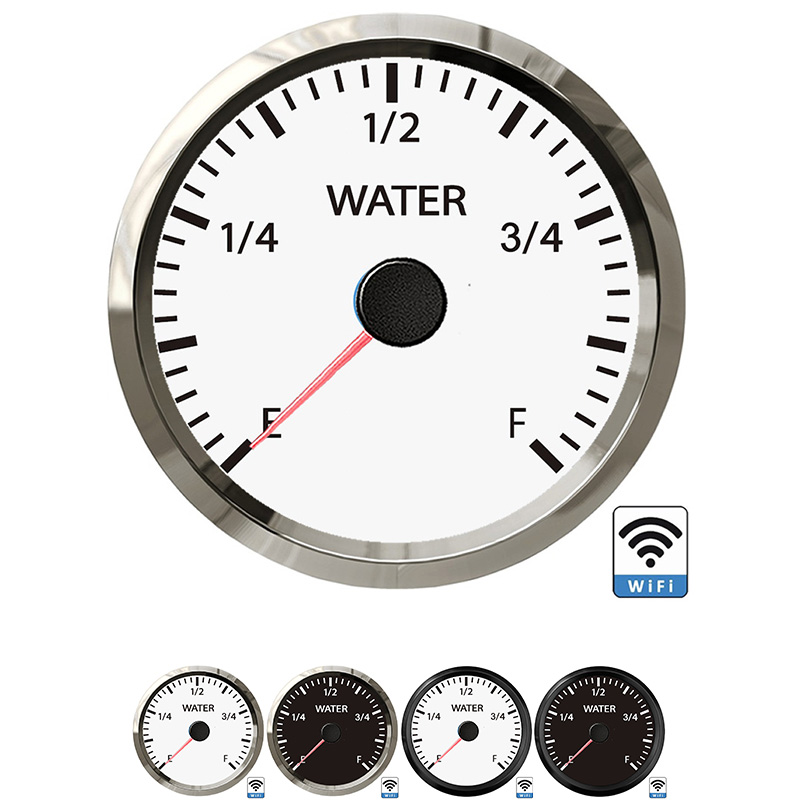
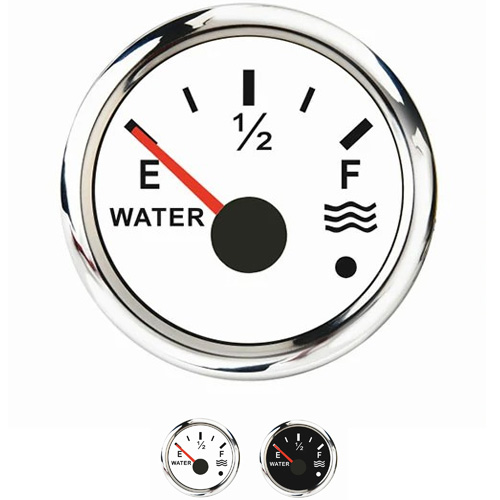
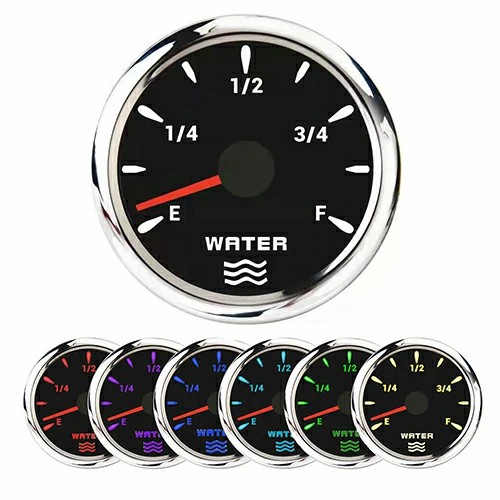
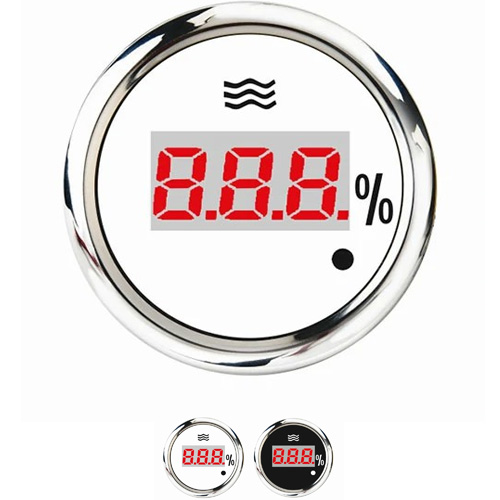
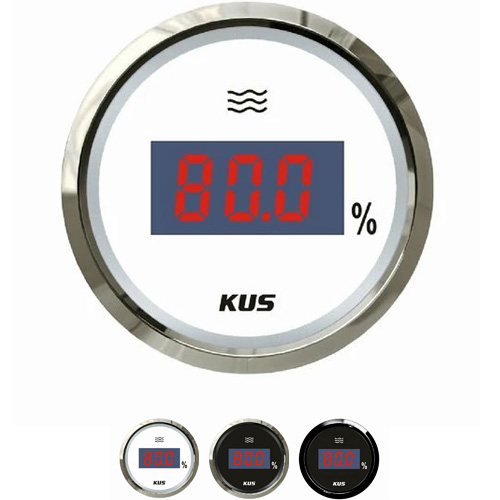
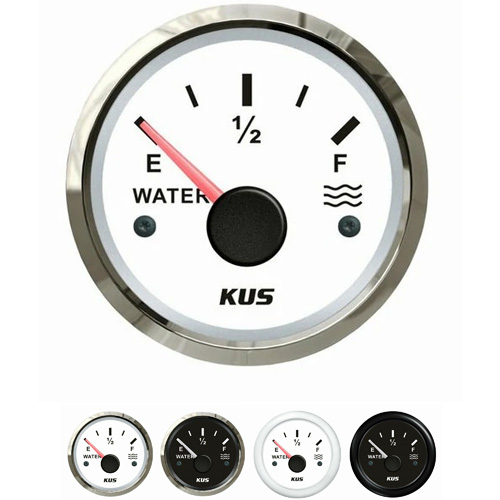
Get a Quote / Info